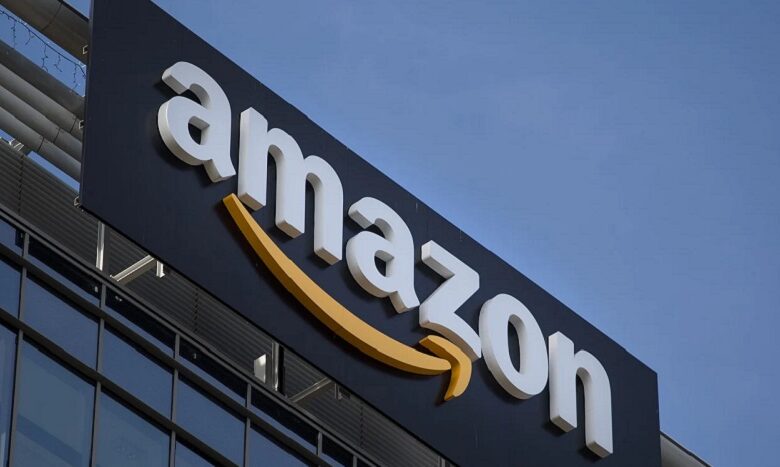How Amazon’s Big Private-Label Business is Growing and Leaving Small Brands to Protect Against Knockoffs

Peak Design has been making camera bags and accessories for a dozen years, relying on Amazon for the bulk of its sales. Last year, founder and CEO Peter Dering discovered Amazon was selling a bag that looked strikingly similar to Peak’s top-selling product, the Everyday Sling Bag.

“They copied the general shape, they copied the access points, they copied the charcoal color, and they copied the trapezoidal logo badge,” Dering told CNBC. “But none of the fine details that make it a Peak Design bag were things that they could port over because those things take a lot more effort and cost.”
Amazon even snagged the name, calling its own product the Everyday Sling.
What Amazon lacked in originality and quality it made up for in price. While Peak’s bag currently costs almost $90 on Amazon, the knockoff version from Amazon’s homegrown AmazonBasics brand was selling for about two-thirds less.

That motivated Dering’s team to respond with a snarky video, poking fun at Amazon’s questionable methods.
“You don’t have to pay for all those needless bells and whistles, like years of research and development, recycled bluesign-approved materials, a lifetime warranty, fairly paid factory workers and total carbon neutrality,” a man’s voice said in the video. “Instead, you just get a bag designed by the crack team at the AmazonBasics Department.”
The video went viral and in June was featured by HBO’s John Oliver in a segment on tech monopolies. Amazon later stopped selling its version of the bag, after Peak Design fans pummeled its ratings with a flurry of negative reviews.
For Amazon, whose expansive marketplace is in the crosshairs of regulators that are cracking down on Big Tech, stories like these from its private-labels division have caused added headaches. In 2020, the European Commission charged Amazon with using its size, power and data to push its own products and gain an unfair advantage over rival merchants that also use its platform. Earlier this year, Amazon said it would limit its use of marketplace seller data.

Meanwhile, the attorney general of California has filed an antitrust suit against Amazon, and the American Innovation and Choice Online Act being considered by Congress would crack down on Big Tech’s ability to leverage dominant market power at the expense of small businesses. The bill has yet to make it to a vote.
But while Amazon may be pushing the boundaries of what’s acceptable in private labeling, there’s nothing illegal about copying brand-name products. It’s a business practice that, in some capacity, is widely used by most major retailers.
Source: CNBC



